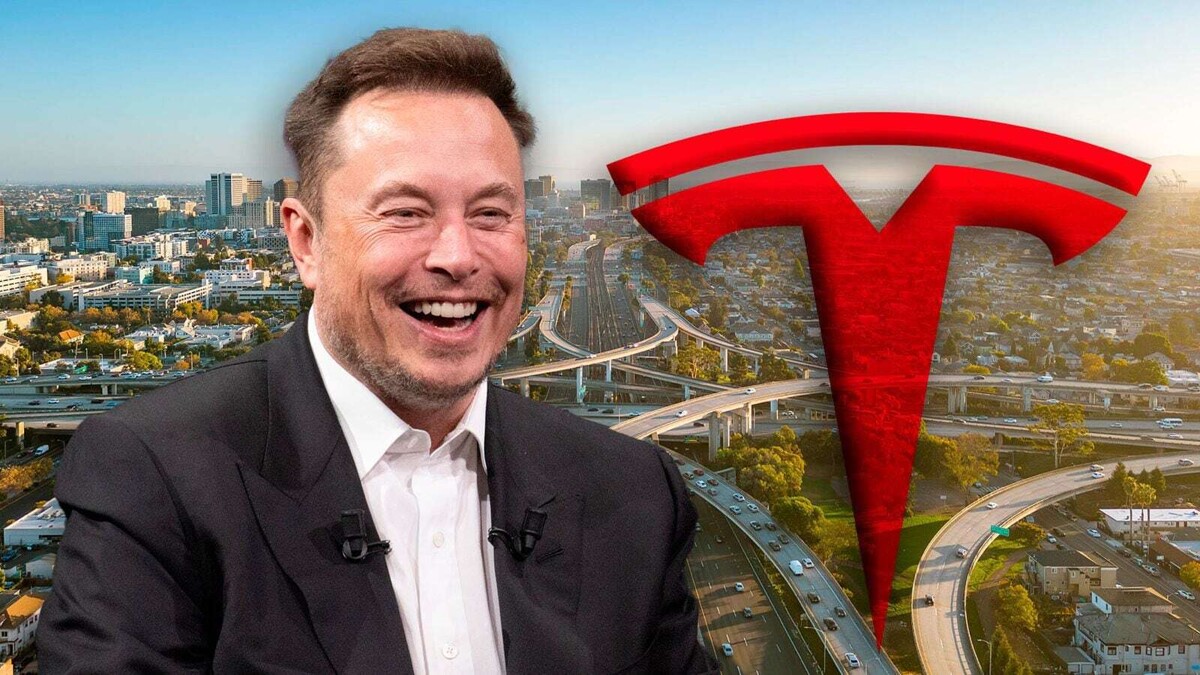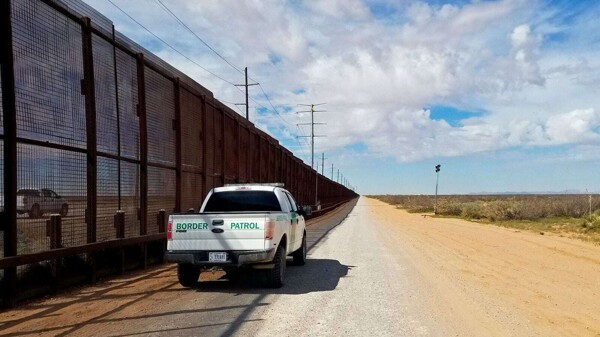
Tesla CEO Elon Musk announced that the company will implement driverless shared transportation in Austin starting in June, with the goal of expanding the service to California by the end of this year, although no specific details were provided. There is speculation about the possibility of using Tesla’s autonomous vehicles for this purpose. It is noteworthy that, initially, this permit does not allow Tesla to offer transportation services to the general public nor operate autonomous vehicles without safety drivers.
Initially, the permit will allow Tesla to transport its employees in company vehicles, as previously agreed, before opening the service to the general public. According to a Bloomberg report, Tesla has applied for this permit with the intention of entering the shared transportation business, seeking to compete with companies such as Uber Technologies, Lyft, and Waymo. This new initiative could be an additional source of revenue for Tesla at a time when the company's sales are experiencing a significant decline.
The aging Tesla product line and the controversy surrounding Elon Musk's relationship with President Donald Trump have contributed to the decline in the company's sales. As a result of this outlook, Tesla's stock fell by 15 percent on March 10, amid fears of a potential economic recession in the United States following statements from the U.S. president.
To fulfill its objective of offering a fully autonomous robotaxi service to the public, Tesla will need to obtain the necessary permits from entities such as the CPUC (California Public Utilities Commission) and the California Department of Motor Vehicles (DMV). The company has placed a strong emphasis on developing autonomous driving, robotics, and artificial intelligence technologies as part of its strategy to diversify its revenue sources beyond the sale of electric vehicles.
The California CPUC recently announced the approval of Tesla's application to obtain a contract carrier permit, allowing the company to begin transporting passengers. This approval marks an important step in Elon Musk's plans to enter the shared transportation services sector.













